
A Perspective from Scotland on CAP reform
How was the reaction in Scotland to the recent CAP reform triloge and parliament vote? […]

How was the reaction in Scotland to the recent CAP reform triloge and parliament vote? […]
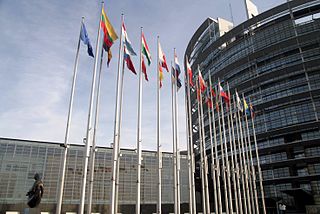
Trilogue turns out to be a Council monologue in disappointing result for citizens. […]
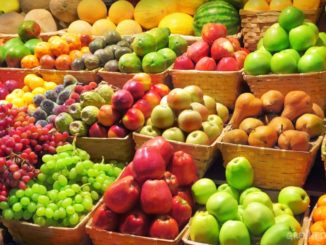
Toxic pesticides residues in fruits and veggies in Greece: news of the systemic, the banned and even the illegal.
[…]
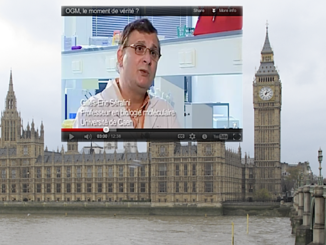
The biotech industry has not had everything its way in the wake of the bitter personal attacks on the CRIIGEN scientists […]
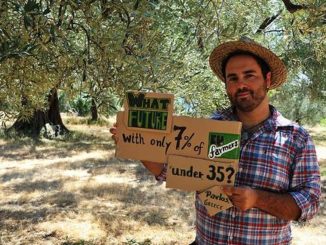
Guest Post : With only 7% of Europe’s farmers under 35 years old, Pavlos Georgiadis asks some important questions about the future of farming in Europe […]
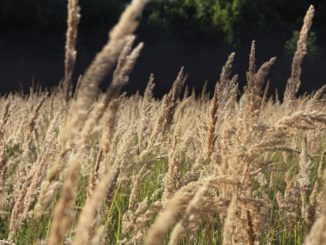
There is much to be campaigned for in the weeks ahead for CAP implementation at the regional/national level. This new toolkit explains what, why, and how. […]
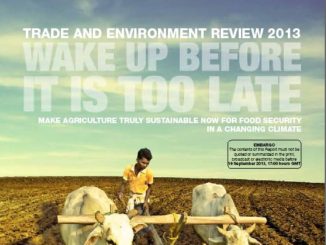
A United Nations Conference on Trade and Development (UNCTAD) report published on September 18th calls for radical changes in agriculture and food production. Farming in rich and poor nations alike should shift from monoculture towards greater varieties of crops, reduced use of fertilizers and other inputs, greater support for small-scale farmers, and more locally focused production and consumption of food, the report recommends. The UN Trade and Environment Report 2013 warns that continuing rural poverty, persistent hunger around the world, growing populations, and mounting environmental concerns must be treated as a collective crisis. It says that urgent and far-reaching action is needed before climate change begins to cause major disruptions to agriculture, especially in developing countries. More than 60 international experts contributed to the report’s analysis of the topic. The report cites a number of trends that collectively suggest a mounting crisis: • Food prices from 2011 to mid-2013 were almost 80 per cent higher than for the period 2003–2008; • Global fertilizer use has increased by eight times over the past 40 years, although global cereal […]
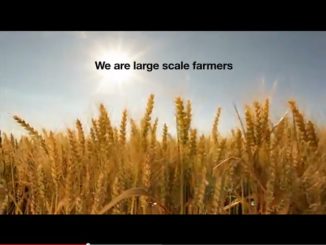
The industrial, large-scale producter’s problematic claim to support local farmers and agriculture in Romania […]
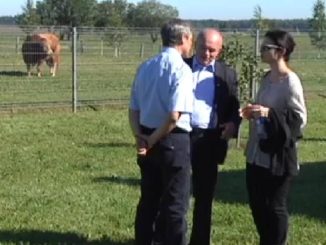
Farm ministers met informally in Lithuania and agreed on all sorts of things, even if the adopted policies run counter to these observations […]

UK government ignoring the growing volume of evidence against the continued use of neonicotinoids which harm pollinators […]
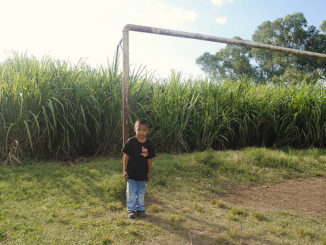
The European Parliament (EP) voted Wednesday to include what is called Indirect Land Use Change (ILUC) considerations in its biofuels targets. What effect will this have on the EU’s renewable energy, climate change and also on land use? This European Parliament vote means that the real climate impact, due to displacement of food production, will be taken into account in the EU’s biofuel targets and policies. A cap of 6% on land-based biofuels, including energy crops, has been adopted. According to Terhi Lehtonen environment advisor Greens/EFA group: “This would be the minimum necessary to take real measures to tackle the climate, food security and other social impacts due to displacement of food production that is caused by EU biofuels policy.” Lehtonen adds: “The EP vote also signalled to the markets that future investments should be on biofuels with low-ILUC risk and no food based fuels should be supported after 2020.” How did the vote go? See votewatch here Background Biofuels are liquid fuels made mostly from crops which can be mixed with fossil fuels to […]

The federal elections in Germany are on September 22nd. Below, an overview of they key points relating to agriculture from each party’s platform […]
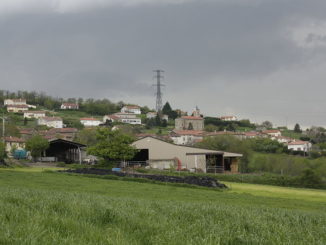
Stéphane Le Foll has expressed his preference for the most redistributive option […]
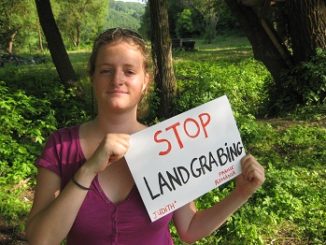
The Romanian agency, under the authority of the Ministry for Agriculture, Forestry and Rural Development, plays a role in encouraging exploitation […]
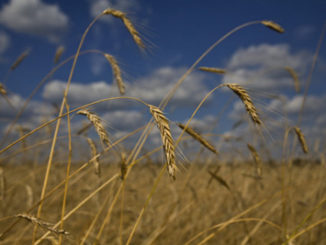
Arc2020 joined forces with 7 other environmental organizations to issue an open letter at a crucial time in the remaining CAP negotiations […]
Agricultural and Rural Convention